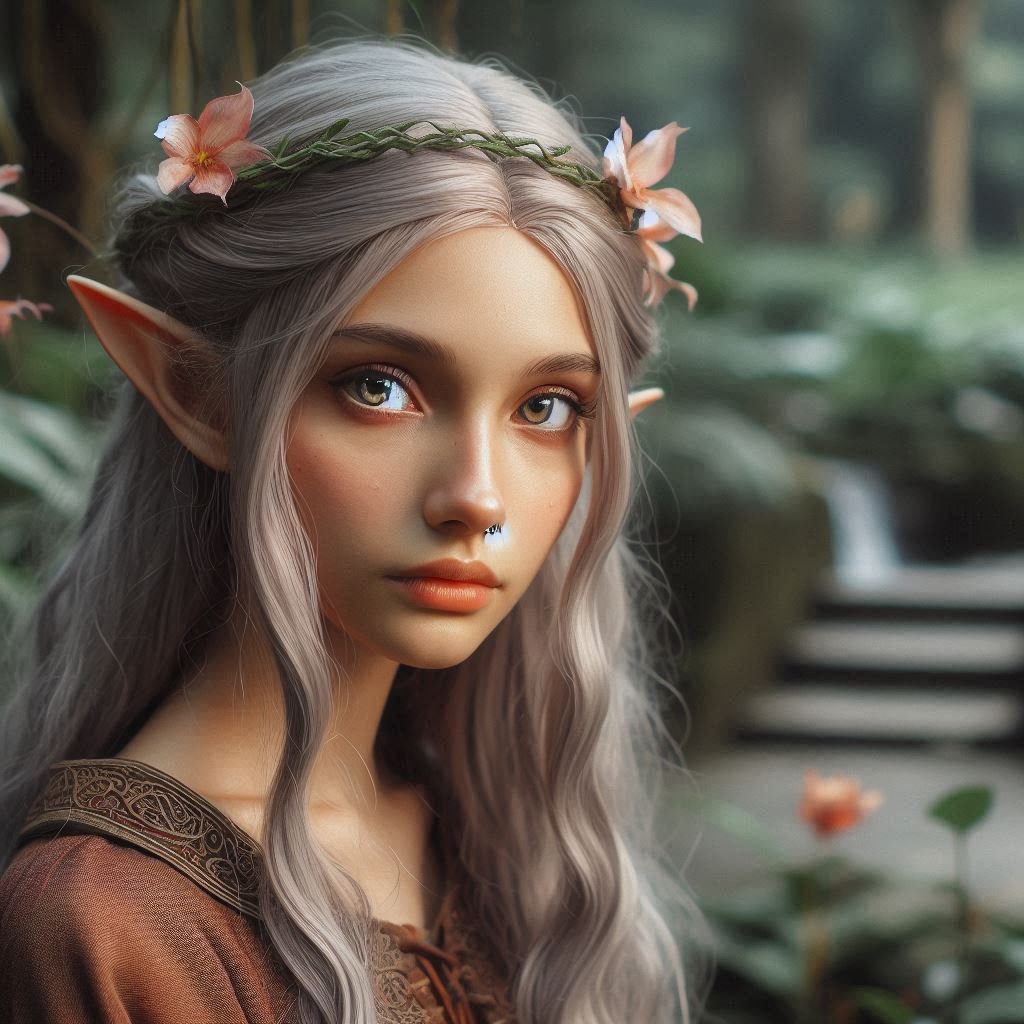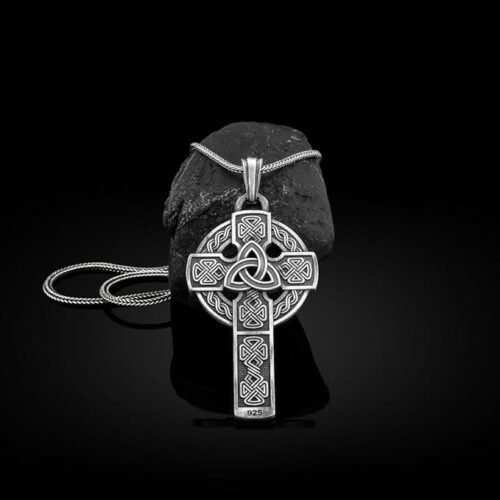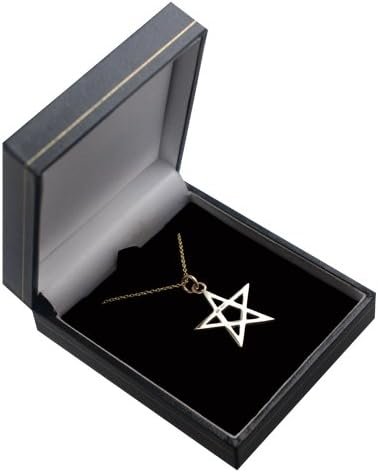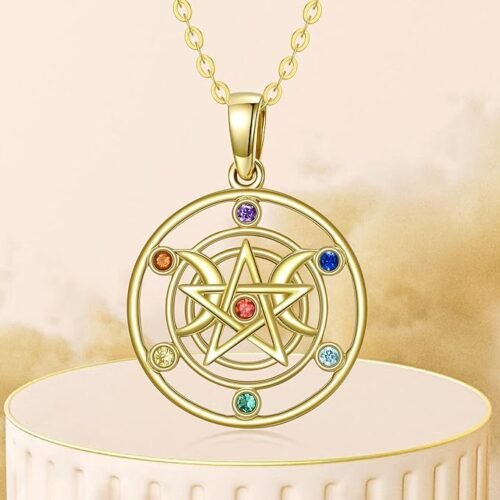
The links between autism and magic
Exploring the Links between Autism, ADHD, and Magic
What are the links between autisum and magic? In recent years, there has been a growing interest and curiosity in understanding the connections between neurodivergent conditions such as Autism Spectrum Disorder (ASD), Attention-Deficit/Hyperactivity Disorder (ADHD), and the world of magic. This intersection presents a fascinating realm where individuals with neurodivergent traits often exhibit unique ways of processing sensations and engaging with practices like rituals in magical traditions such as Wicca or witchcraft. Through a series of case studies and insights from practitioners, we delve into the intriguing correlations that illuminate the intricate links between neurodiversity and magic.
Autism Spectrum Disorder, often characterized by challenges in social communication and restricted interests or repetitive behaviours, has also been associated with exceptional talents and heightened perceptual abilities. Individuals on the spectrum are known for their acute attention to detail and heightened sensory processing, traits that are frequently observed in those drawn to magical practices. The meticulous rituals and intricate processes involved in Wicca and witchcraft resonate deeply with many individuals with ASD, providing a structured and sensory-rich environment that aligns with their unique cognitive styles.
Within the autistic community, a notable affinity for witchcraft often emerges. Through introspection and observation, there are perhaps six key reasons behind this intriguing convergence. While acknowledging the diversity within the autism spectrum and the multiplicity of gender identities among practitioners, these traits resonate strongly with many autistic individuals drawn to witchcraft.

The links between autism and magic
The Allure of Collecting
Autistic individuals often find solace in collecting items and information, especially when fuelled by a special interest. This inclination intertwines seamlessly with the world of witchcraft, where the gathering of physical objects like crystals, herbs, and tarot decks holds significant importance. Moreover, the pursuit of knowledge, whether about the properties of herbs or the history of witchcraft, becomes a cherished pastime for many. For some, this eventually evolves for example from a fascination with crystals and, ultimately, witchcraft.
Empathy and Nature’s Connection
Empathy, a trait commonly associated with autistic individuals, often extends beyond human interactions to encompass a deep bond with nature. Within the realm of witchcraft, this affinity finds resonance through the concept of animism, where everything in the universe possesses a spirit. This belief fosters a profound appreciation for the interconnectedness of all beings and the sacredness of the natural world. Additionally, heightened empathy nurtures a sense of belonging within nature, aligning seamlessly with the principles of witchcraft that emphasize harmony with the Earth and its inhabitants.
Unravelling Patterns and Symbols
Autistic individuals often exhibit a remarkable aptitude for pattern recognition and attention to detail, skills that enrich their exploration of witchcraft. Whether interpreting tarot cards or discerning synchronicities in everyday life, their keen perception adds depth to their spiritual practice. These patterns serve as conduits for understanding the interconnectedness of events and concepts, offering insights into the mysteries of the universe. For the individual, the allure of divination methods and the intrigue of unravelling symbolic meanings were pivotal in their journey into witchcraft.
Navigating Sensory Sensitivities
Many autistic individuals navigate the world with heightened sensory sensitivities, which, despite their challenges, offer a unique perspective on the nuances of experience. In witchcraft, sensory engagement plays a crucial role, providing a framework for mindfulness and connection. Grounding techniques and ritualistic practices offer avenues for managing sensory overload while fostering a deeper appreciation for sensory experiences. By embracing their sensitivities, autistic witches may find solace and empowerment in their spiritual journey.
Embracing Ritual and Routine
The need for routine and repetition, a hallmark of autism, can find expression in the rituals and practices of witchcraft. These structured routines offer stability and comfort while allowing for individual customization and expression. Autistic individuals, including the individual, incorporate rituals into their daily lives, weaving spirituality into the fabric of their existence. This personalized approach to spirituality fosters a sense of empowerment and agency, providing a sanctuary amidst the chaos of everyday life.
Seeking Connection amidst Disconnection
Autistic individuals often grapple with feelings of disconnection from their peers, driven by social difficulties and niche interests. Within the realm of witchcraft, they may find a sense of belonging and camaraderie among fellow practitioners. Historically, those labelled as witches were often marginalized, possessing knowledge and perspectives deemed unconventional by society. In modern times, identifying as a witch offers a platform for self-expression and empowerment, particularly for women. For autistic individuals, embracing witchcraft serves as a catalyst for self-discovery and acceptance, fostering connections within a community bound by shared interests and values.
Let’s look at some case studies. One such case study involves Alex, a young practitioner diagnosed with ASD, who found solace and connection in the practice of witchcraft. Alex describes the rituals and spellwork in witchcraft as a form of sensory stimulation that allows them to focus their heightened sensory processing in a meaningful and purposeful way. “For me, engaging in magical practices is a way to channel my intense sensory experiences into something creative and empowering. The process of creating spells and performing rituals helps me find inner peace and clarity amidst the noise of the world,” shares Alex.
Similarly, individuals with Attention-Deficit/Hyperactivity Disorder (ADHD), characterized by difficulties in sustaining attention and controlling impulses, often exhibit a unique cognitive style that thrives in nonlinear and dynamic environments. The dynamic nature of magical practices, with its emphasis on intuition, spontaneity, and creativity, resonates with many individuals with ADHD who find traditional learning and work environments challenging.
Emma, a practitioner with ADHD, shares her perspective on the intersection of neurodiversity and magic. “In the world of witchcraft, I found a space where my unconventional thought processes and quick shifting focus are not only accepted but valued. The fluid and adaptable nature of magical practices allows me to engage my creativity and intuition in ways that feel natural and liberating,” reflects Emma.
These first-hand accounts shed light on the profound ways in which neurodivergent individuals navigate and engage with magical traditions, highlighting the therapeutic and empowering effects of such practices on their well-being and self-expression. The acceptance and inclusivity found within magical communities offer a supportive environment where neurodiverse individuals can explore and celebrate their unique cognitive strengths.
In conclusion, the links between Autism, ADHD, and magic unveil a captivating tapestry of interconnectedness where neurodiversity enriches and enhances the practice of magical traditions. Through their distinctive cognitive styles and sensory processing differences, individuals with neurodivergent traits bring a fresh perspective and enriched experience to the world of magic. As we continue to explore and embrace the diversity of human cognition, the intersection of neurodiversity and magic presents a profound opportunity for connection, understanding, and empowerment.
References:
- American Psychiatric Association. (2013). Diagnostic and statistical manual of mental disorders (5th ed.). Arlington, VA: American Psychiatric Publishing.
- Grandin, T. (2013). The Autistic Brain: Thinking Across the Spectrum. Houghton Mifflin Harcourt.
- Silverman, C., Brosco, D. J. (2007). Understanding Autism: Parents, Doctors, and the History of a Disorder. Princeton University Press.















